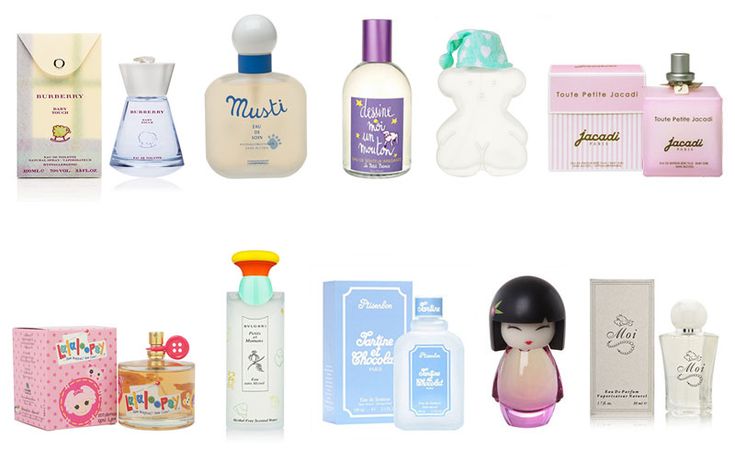You may be thinking of purchasing a trendy perfume targeted at children, in order for your child to smell like some fragrance you admire. You need to understand the factors to consider before letting your children wear perfume. If you do end up allowing your child use perfume, you must carefully select a perfume for kids.
1. Risk of irritation
A study shows that among personal care products, fragrance products such as perfumes are the culprits responsible for 12.7 percent of injuries to children.
The notorious status of perfumes is not surprising as they are usually formulated with up to 75% alcohol and essential oils which could be natural or synthetic. Alcohol (usually labeled as ethanol or isopropyl alcohol) is a potential irritant for children and it could trigger rashes, burns, dermatitis and other sensitivities in children. Although children’s perfumes are usually formulated with way lesser alcohol; their production still involves the use of essential oils, phthalates and glycerin. These ingredients could trigger allergies in many children.
2. Risk of accidents
Children are playful and experiment quite often. Unsupervised access to perfumes could pose a risk to their safety in certain instances. A child ingesting up to 30 milliliters of perfume is highly likely to be accidentally poisoned. A perfume with high alcohol content in the hands of a child could also be the harbinger of a fire accident.
You may be thinking that one can easily screen the list of ingredients to make sure there are no harmful ingredients in the perfume. But laws protecting ‘trade secrets’ allow manufacturers cram fragrances with some chemicals that are not individually listed on the product packaging. Rather, such secret ingredients are covered under broad names like ‘fragrance,’ which is actually an ambiguous word that could cover a wide range of harmful chemicals.
3. Consider other people around the child
Children are often around a lot of other kids, especially when they go to school. Etiquette says that wearing any strong or overpowering smell in closed spaces is never a good idea. A classroom definitely falls in that category of closed spaces. Classmates or teachers could be sensitive to the perfume and that can get you negative attention. Asthma sufferers are triggered and experience an attack majority of the time they are exposed to strong perfumes.
4. Note your child’s school policy on perfumes
If the child goes to school, check if the school has a perfume ban. This is to avoid violation of the school’s policy. If the school allows perfumes, you have to select an appropriate perfume and know how to use the perfume.
5. Perfumes are not a substitute for showers
Never use perfumes to disguise body odor for a child. Keep body odor at bay by taking a shower or bathing daily with warm water and soap to wash away the bacteria. A deodorant can be used but it is best for children to avoid alcohol based deodorants.

6. How to use perfumes for children
Kids should not be drenched in perfume. A dab and a spritz in the right places are just enough. To avoid any sensitivities, putting perfumes on their clothes may be a better option compared to applying perfume on their skin. A rule of thumb is for kids not to use parents’ perfumes because perfumes for adults tend to be quite heavy.
Disclaimer: The opinions in this article are for general information purposes only and should not be construed as professional medical advice. Always consult your doctor or a professional healthcare provider if you have any specific questions about any medical matter.

